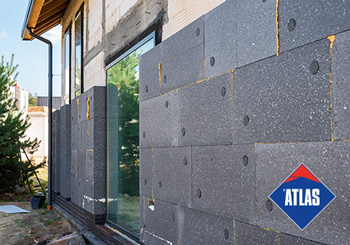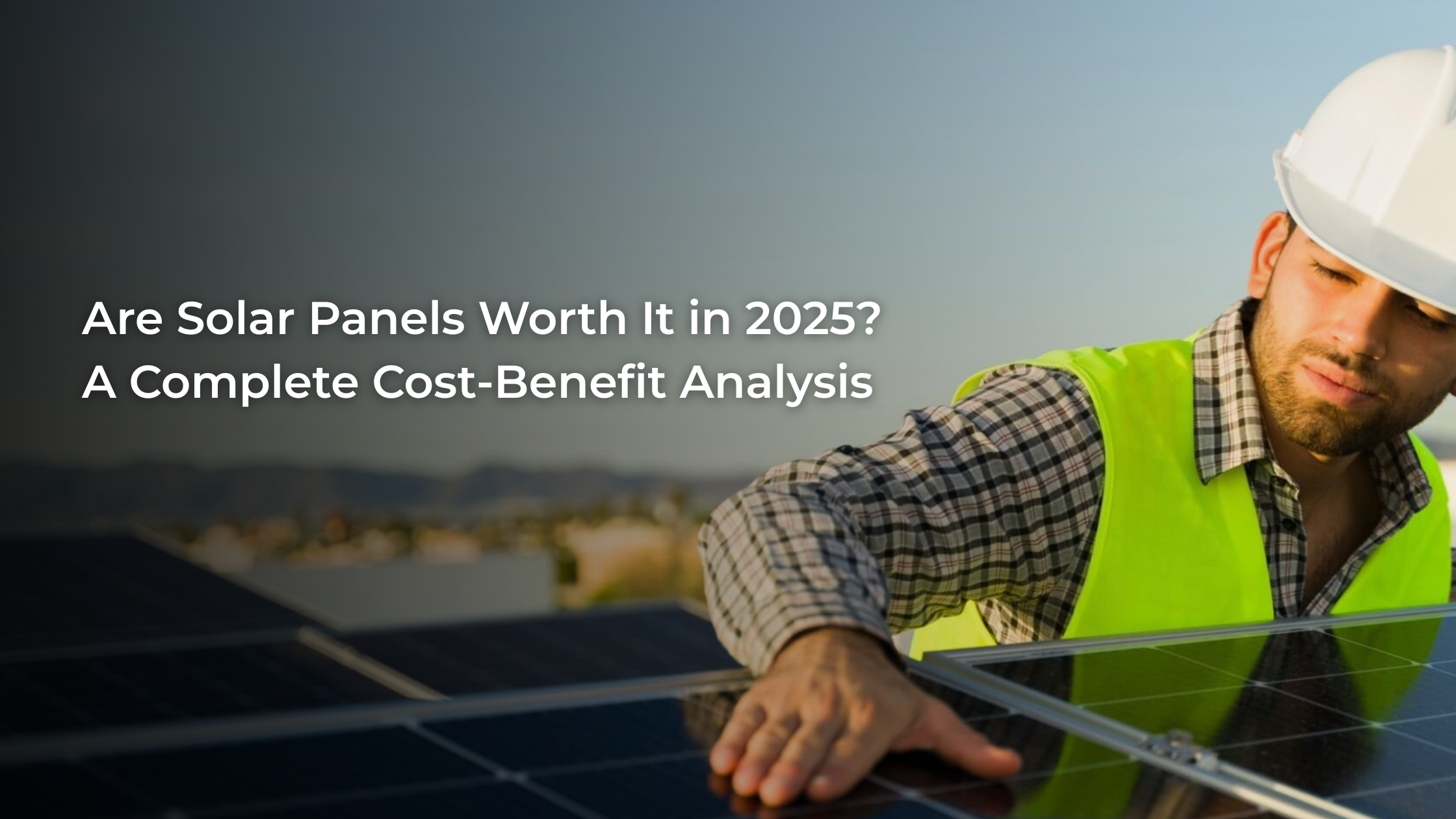As the UK continues its push towards net-zero emissions, more homeowners are considering renewable energy solutions. Among these, solar panels remain one of the most accessible and widely adopted technologies. But with rising installation costs, evolving government incentives, and newer technologies on the horizon, many are left wondering are solar panels still worth it in 2025?
This comprehensive and detailed blog provides a complete cost-benefit breakdown of installing solar panels in 2025. From financial savings to environmental impact, we’ll cover all the key factors you need to consider. We’ll also delve into how solar panel material influences efficiency, durability, and long-term returns.
The Rising Efficiency of Modern Solar Panels
Technological advancements in solar panel material such as monocrystalline silicon and PERC (Passivated Emitter and Rear Cell) technology have helped households and businesses push forward their efficiency rates. This means we can generate more power using fewer panels by saving on roof space and installation costs.
Thanks to innovative solar panel materials, energy output remains stable throughout the year even during typical cloudy UK days.
Understanding the Cost Breakdown
Although the upfront cost of installing solar panels might seem high, the popularity of advanced solar panels have played a key role in keeping installation costs steady. Moreover, rising electricity prices and favourable export tariffs have enhanced the overall return on investment.Homeowners usually recover their installation costs in 8-12 years, and the solar panels keep generating electricity for years. This is largely due to the durability of premium solar panel material, which resists degradation and minimises maintenance over time.
Government Incentives in 2025
The Smart Export Guarantee (SEG) allows homeowners to sell excess electricity back to the grid, which helps them improve their long-term financial returns. Additionally, VAT on solar panel installations remains at 0% for domestic systems, which further lowers the overall cost. Some local councils also offer green energy grants or low-interest loans for systems that use certified solar panel material. Choosing the right material could therefore make your project eligible for more financial support.
Environmental Impact and Energy Independence
The environmental benefits of solar panels go beyond reducing electricity bills. By reducing dependence on fossil fuels, homes powered by renewable energy help lower the UK’s carbon footprint. The type of solar panel material used greatly affects this impact, as efficient materials lead to higher clean energy production and fewer emissions over time.
Also, with rising energy prices and global instability, solar panels offer greater energy independence. The better the solar panel material, the more self-reliant your household becomes.
Common Types of Solar Panel Material
Selecting the right solar panel material is very important for performance, longevity, and cost-effectiveness. Here is a quick look at common materials used in solar panels in 2025:
- Monocrystalline Silicon: It is popular for high efficiency and long lifespan that is why it is a top choice for UK homes with limited roof space.
- Polycrystalline Silicon: It is slightly cheaper and provides moderate efficiency. It can be a good budget option for the homeowners who are looking for affordable alternatives.
- Thin-Film Panels: Thin-film panels are lightweight and flexible, though they generally offer lower efficiency compared to other types.
- PERC Technology: An enhancement over monocrystalline and it offers superior low-light performance which makes it the best option for the UK climate.
These options offer different benefits, but all depend heavily on the quality of the underlying solar panel material to deliver results.
Maintenance and Lifespan Considerations
Maintenance for solar panels is minimal, mostly involving the occasional cleaning and an annual performance check. Premium materials tend to withstand UK weather conditions better and resist corrosion over time.
Infinity: Your Ultimate Energy Efficient Partner in 2025
With a strong track record, Infinity is a dependable name in the UK’s clean energy industry. We use only premium solar panel material to ensure long-term performance and customer satisfaction. Whether you are a first-time buyer or looking to upgrade, our expert team is always available to guide you through every process with clarity and confidence.
By focusing on sustainable solutions tailored to UK households, Infinity ensures you make a smart, future-ready investment in 2025.
Conclusion
So, are solar panels worth it in 2025? Absolutely, solar panels are still well worth it. They offer significant long-term savings, greater energy independence, and a reduced carbon footprint. With energy prices climbing, technology improving, and continued government backing, solar remains a smart and future-ready investment for UK homeowners.
If you are thinking of switching to solar, make sure you’re getting the best value by choosing systems made with high-quality solar panel material. Reach out to Infinity today to explore your options, get a tailored quote, and start your journey toward a greener, more cost-effective future.







